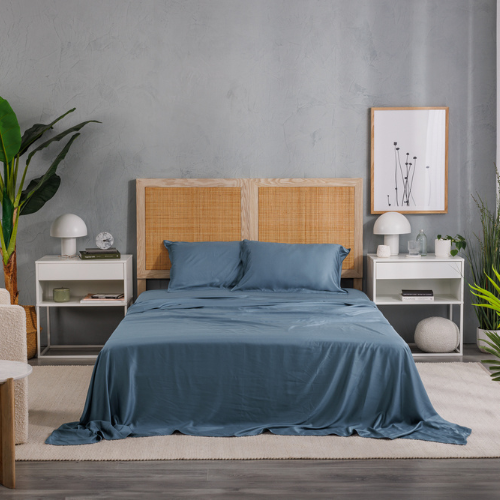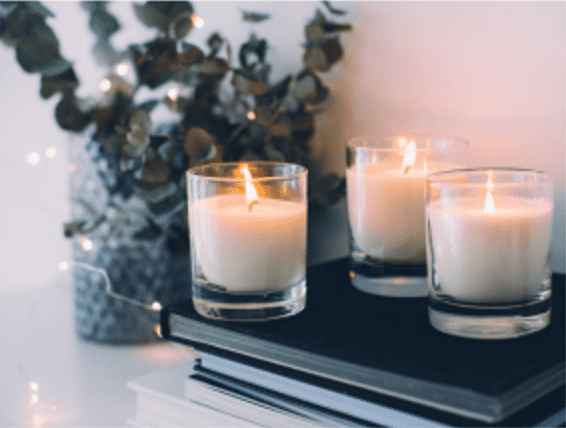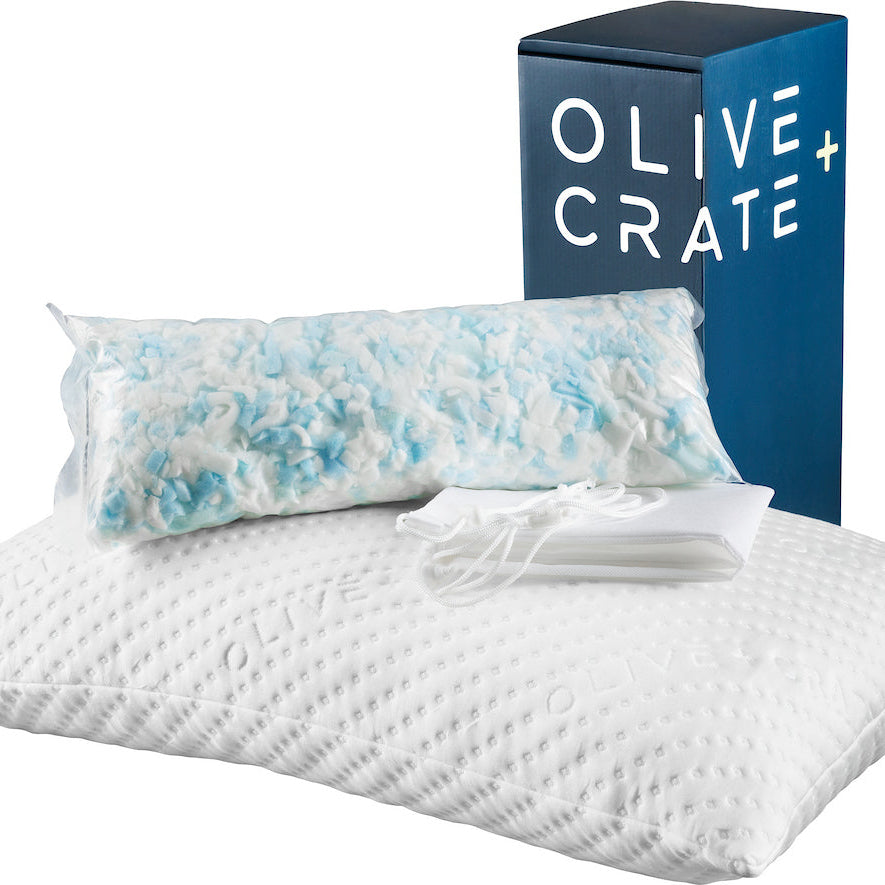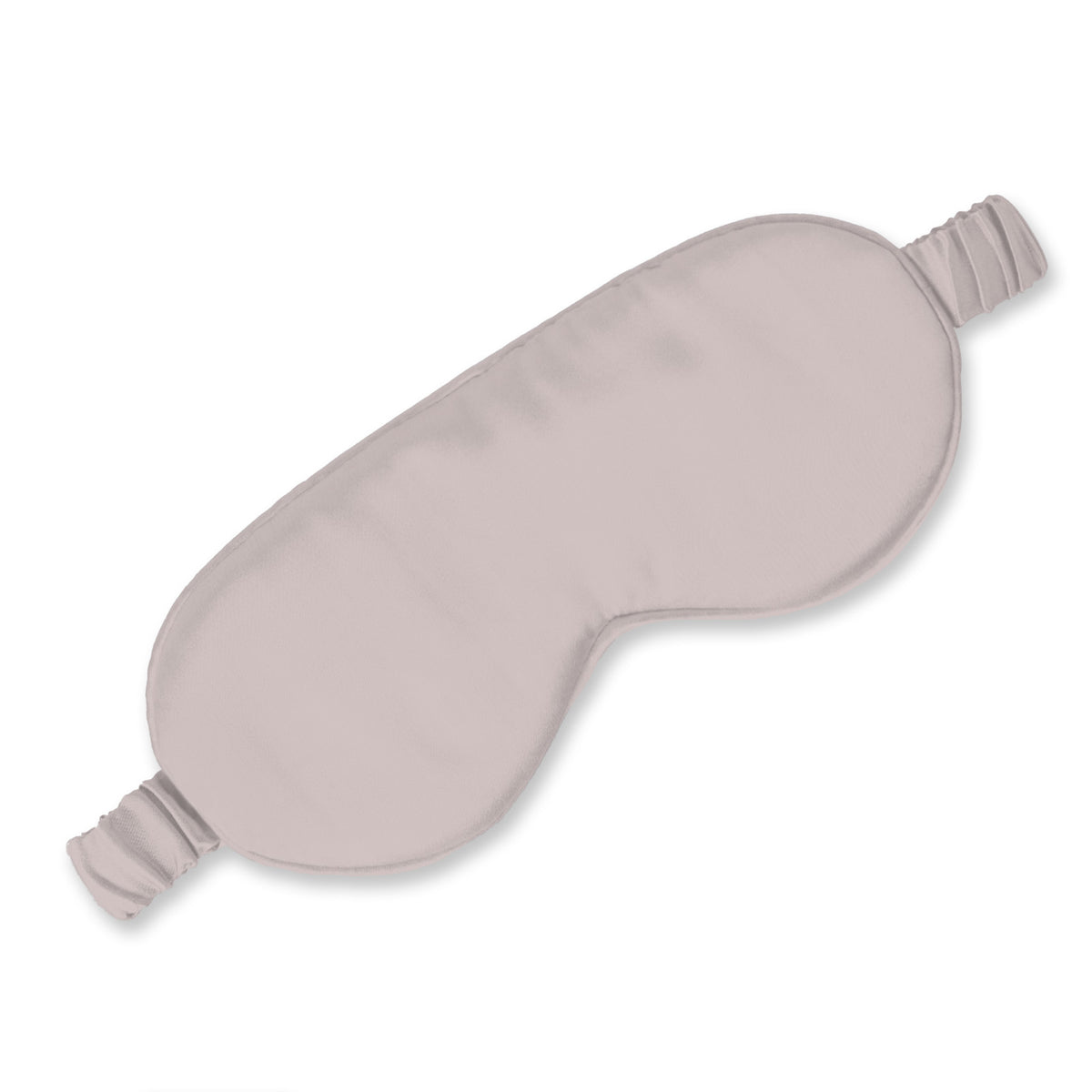by Elizabeth Burton
date: 04/18/2021
Maximalists might opt for a loud wallpaper, littering of trinkets, bold lighting and stunning artwork. The former might be too sparse to spark ideas and boost creativity, but the latter might be too distracting, eventually diminishing productivity. When chosen wisely, houseplants add the perfect amount of color, light and movement to home offices.

They also encourage some engagement -- offering a small, productive break during the workday when a spritz of water or clip of old leaves is needed. Embracing the tenets of color psychology, feng shui and small space design can help you pick the perfect houseplant for your office. However, new plant parents should also keep in mind how the plant will affect their physical health. If allergies are a struggle, plant parents should opt for hypoallergenic perennials or others that are unlikely to shed pollen. Follow below for our list of three houseplants for your home office. These plants -- from lemon balm to air plants -- are either ideal for people with allergies, perfect for small spaces or proven to boost productivity.
The Importance of Biophilic Home Office Design for Productivity and Proper Work-Life Balance

In her recent article “Working from Home: How to Optimize Productivity and Well-Being” for Psychology Today, Lily Bernheimer -- author of The Shaping of Us: How Everyday Spaces Structure Our Lives, Behaviour, and Well-Being and Director of Space Works Consulting -- outlines the importance of biophilic design. Bernheimer identifies biophilia as the first element of her BALANCED checklist, which she notes workers “can use to assess and improve your home working environments—all backed up by environmental psychology evidence.” The BALANCED checklist is an acronym for “Biophilia, Atmosphere, Layout, Amenities, Noise, Cohesion, Energy, & Design.” For those unfamiliar with the term, biophilic design seeks to draw the human inhabitants of built environments closer to nature. In his article “What Is and Is Not Biophilic Design?” for Metropolis, Stephen R. Kellert writes that biophilic design recognizes the fact that “our species has evolved for more than 99% of its history in adaptive response to the natural world and not to human created or artificial forces.”
Office Plants Improve Focus While Reducing Stress

Kellert explains that biophilic design draws from the idea that humans have an evolutionary need to connect with nature in order to function properly. He writes that “rather than being vestigial – or relevant to a world that no longer exists – this need is thought to remain instrumental to people’s physical and mental health, fitness, and wellbeing.” As such, reinvigorating -- and later reinforcing -- mankind’s necessary connection to nature is key to biophilic design. Inher article for Psychology Today, Lily Bernheimer writes that scientific research has proven the importance of biophilia in workspaces. She notes that “workspaces featuring plants and natural materials can reduce blood pressure and increase attentiveness and reaction time by up to 12 percent.” Bernheimer thus encourages those working remotely to “go on a little hunt around your home and garden and see what treasures you can collect to bring some of these biophilic benefits into your home workspace.”
Three Low Maintenance Houseplants for Productivity and Boosted Mood in Your Home Office
#1 Tillandsia Are Ideal for Small Home Office Spaces

The first office plant on our list of houseplants is the air plant. In their article “The 10 Best Plants for Your Office or Desk” for The Spruce, Jamie McIntosh and Debra LaGattuta write that growing Tillandsia and other plants “that don't require soil (known as air plants)” offers new plant parents myriad chances to be creative with placement. McIntosh and LaGattuta write that “you can affix air plants to a piece of driftwood with some fishing line [and] you can also fill a miniature terrarium with air plant varieties or arrange air plants in a shell, teacup, or other unconventional container.” Though there are many different physical presentations of Tillandsia, they tend to have either “green, silver or rosy spiked foliage” -- somewhat similar to the coloring of most succulent plants.
Tillandsia are perfect for low-light offices because they “are accustomed to growing among shady tree branches.” Tillandsia also tend to stay fairly small, making them ideal for the tabletops of desks, skinny window sills, wall-mounted shelves or bookcases. Perhaps best of all, Tillandsia rarely cause skin or respiratory allergy reactions -- unlike other common species like weeping figs, orchids and African violets. Air plants require little care but must be misted weekly because “modified scales on the leaves will absorb the moisture the plant requires.”
#2 Peace Lilies Thrive in Low Light

Boost your mood and your creativity by picking out a vibrant houseplant at your local greenhouse or garden store. In her article “How the Color of Your Office Impacts Productivity” for Entrepreneur.com, Kim Lachance Shandrow explains that the gray or white walls of your minimalist home office might not be doing you any favors. Referencing the findings of a recent University of Texas study, Shandrow writes that “bland gray, beige and white offices induced feelings of sadness and depression, especially in women.” Other recent studies have found that “colors don’t just change our moods, they also profoundly impact our productivity, for better and for worse.” As such -- writes Shandrow -- it may be “best to decorate your workplace with a vibrant medley of stimulating hues that increase output and spark creativity.” Shandrow identifies the most effective decor colors for home offices as “low-wavelength colors, like restful green and calming blue -- two of the most common colors in Mother Nature’s palette.”
These cool tones “improve efficiency and focus [while also] lending an overall sense of well-being.” To boost your mood and productivity, consider a peace lily plant. Peace lilies have large, wide deep green leaves that fall beautifully around a planter. They also offer large white flowers from time to time. In their article “5 Easy-to-Care-for Plants to Liven Up Your Office Space” for House Beautiful, Lauren Smith McDonough, Sienna Livermore and Brittney Morgan write that “these beautiful flowering plants are surprisingly easy to grow” too! Plant parents should “just keep the soil moist (but avoid overwatering!) and mist its leaves regularly.” Ideal for darker office spaces, peace lilies prefer low light, so plant parents should “keep them out of direct sunlight.”
#3 Basil and Lemon Balm Boost Mood

Though herbs might not be at the top of your list for home decor beyond the kitchen windowsill, they do offer a number of research-backed benefits for home office spaces. Edible fragrant plants like basil and lemon balm can improve alertness and mood. In her article “The 5 Best Office Plants to Boost Your Productivity” for Earth911, Mary Mazzoni writes that lemon balm is ideal for home offices not only for its psychological benefits, but also for how low maintenance it is. Lemon balm is fine in either direct sunlight or indirect light. Mazzoni writes that lemon balm “will be happy even if the nearest window is all the way across the office" or directly across from the plant.
Referencing a recent Ohio State University study, Mazzoni writes that “ that while the scent of lemon doesn’t carry the medicinal healing properties touted by some aromatherapy proponents, its sweet smell did show a clear mood enhancement.” Basil is another great herbal option for home offices, writes Brie Dyas in her article “11 Plants, Flowers and Herbs That'll Boost Your Mood” for House Beautiful. Dyas notes that “this favorite culinary herb improves mood (much like it improves a recipe).” Its positive impacts on mood reportedly “come from linalool, a compound found in the plant that contributes to its delicious scent.”













